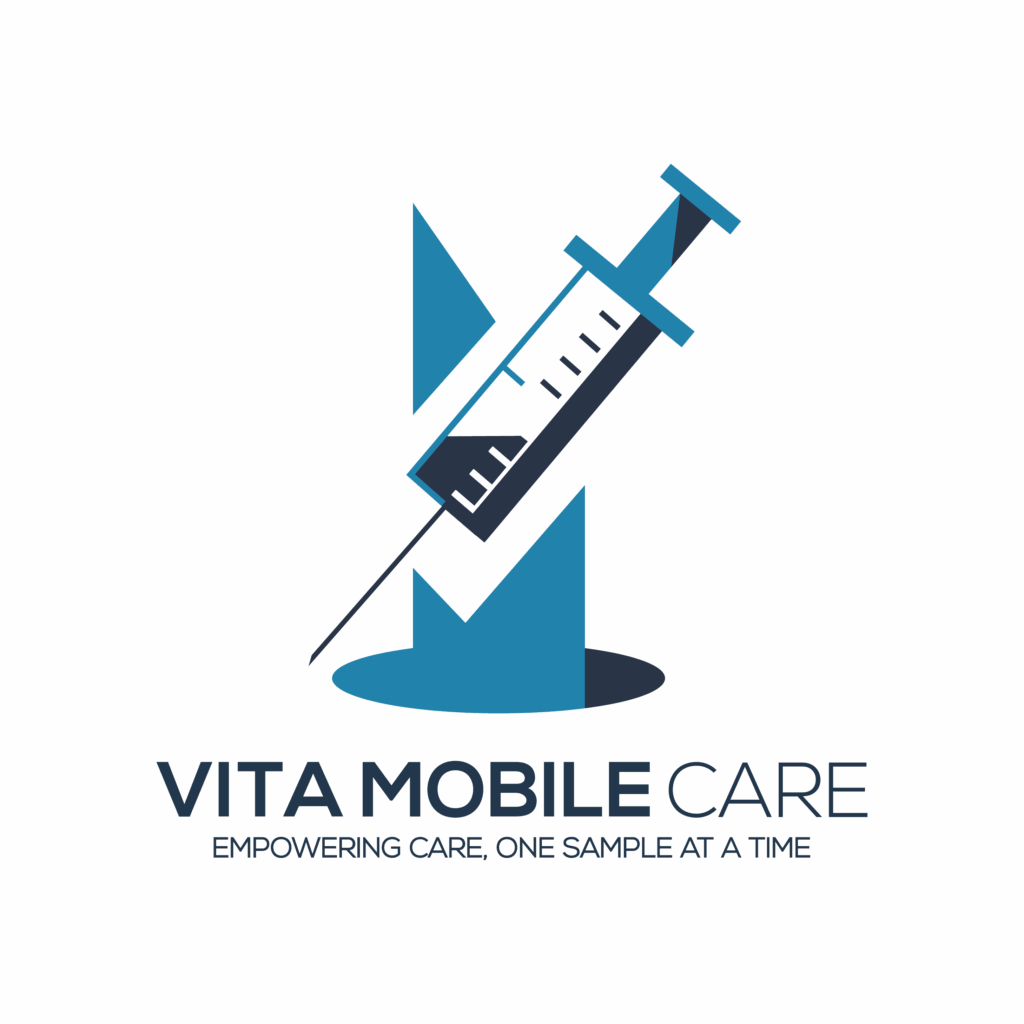The Lab

A laboratory in the New York area is a clinical facility equipped to conduct medical tests and analyses on patient samples such as blood, urine, tissue, and other bodily fluids. These labs play a critical role in diagnosing, monitoring, and treating various health conditions by providing accurate and timely test results.
Expected Services in a New York Laboratory


For the Patient:
1. **Accessibility**: Easy appointment scheduling, walk-in services, and multiple locations.
2. **Comfort and Privacy**: Clean and comfortable environment ensuring patient privacy.
3. **Efficiency**: Short wait times for sample collection and processing.
4. **Communication**: Clear instructions for preparation and procedures, and access to results via online portals or direct communication.
For the Doctor:
1. **Accurate Testing**: High-quality testing standards ensuring reliable results.
2. **Timely Reporting**: Fast turnaround times, often within 24-48 hours for standard tests.
3. **Detailed Reports**: Comprehensive and easy-to-interpret test reports.
4. **Consultation**: Access to lab professionals for discussing complex results.

Handling and Turnover of Results
1. **Sample Collection**: Samples are collected from patients by trained phlebotomists or lab technicians.
2. **Processing**: Samples are processed using advanced diagnostic equipment.
3. **Result Generation**: Test results are generated and reviewed by clinical pathologists.
4. **Result Delivery**: Results are delivered to the ordering physician through secure electronic health record (EHR) systems, faxes, or direct communication.
5. **Patient Notification**: Patients are often notified through online patient portals, email, or phone calls about their results, with instructions to consult their doctor for interpretation.

Role of the Phlebotomist in a Laboratory
The main function of a phlebotomist in a lab includes:
1. **Sample Collection**: Drawing blood and collecting other samples from patients.
2. **Patient Identification**: Ensuring the correct identification of patients and matching samples accurately.
3. **Sample Handling**: Properly labeling, handling, and transporting samples to avoid contamination or degradation.
4. **Patient Care**: Providing a calm and comfortable experience, addressing patient concerns, and managing any adverse reactions.

Mobile Phlebotomist Services
A mobile phlebotomist provides the convenience of sample collection services at the patient’s location, which can include homes, offices, nursing homes, therapy centers, or prisons.

Types of Tests Conducted:
– EKG
– Flu, RSV & Strep
– Maternity Testing
– STI/STD Testing
– Genetic Kits
– DNA Kits
– Sputum Tests
– Biometric Screening
– Therapeutic Blood Monitoring
– Blood, Urine, and Stool Samples
– Oral Swabs
– H. Pylori Breath Tests
– PCR COVID-19 Test Kits
Benefits of Mobile Phlebotomist Services
1. **Convenience**: Patients do not need to travel, saving time and reducing stress, especially for those with mobility issues or busy schedules.
2. **Comfort**: Sample collection in a familiar environment can reduce anxiety and improve patient experience.
3. **Accessibility**: Services can reach patients in remote locations, nursing homes, or other facilities where travel to a lab is difficult.
4. **Flexibility**: Appointments can be scheduled outside of traditional lab hours, offering greater flexibility.
5. **Safety**: Reduces the risk of exposure to infections, particularly important during pandemics or for immunocompromised patients.

Summary
Laboratories in the New York area offer essential diagnostic services with a focus on accuracy, efficiency, and patient care. Phlebotomists play a key role in sample collection and patient interaction within these labs. Mobile phlebotomy services extend these benefits by providing convenient and accessible sample collection at the patient’s location, which is especially beneficial for those with limited mobility, in remote areas, or in institutional settings. This service enhances patient care by combining high-quality testing with the comfort and convenience of home-based or on-site sample collection.

